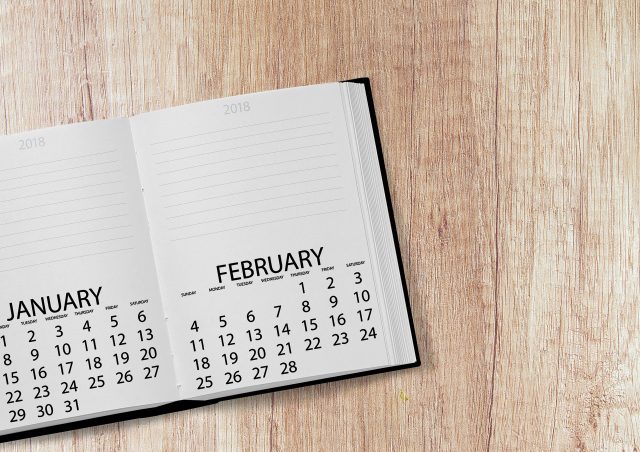Every four years, we add an extra day to the calendar in the form of February 29th. This day is commonly referred to as Leap Day, but where did this tradition come from? And why do we need it?
What is Leap Day, and why do we have it?
Leap day is an extra day, or intercalary day, that is added to the Gregorian calendar in order to keep it aligned with the Earth’s revolutions around the sun. Leap days help to ensure that our calendars stay consistent with the seasons.
The origins of leap day can be traced back to the Roman Empire. Emperor Julius Caesar introduced the first leap year in 45 BCE. He decreed that every four years, an extra day would be added to the end of February. This helped to keep the calendar year in line with the solar year.
Leap days have been a part of our calendar for centuries, and they serve an important purpose. Without them, our calendars would slowly drift out of sync with the seasons. So next time you complain about having an extra day in February, remember that it’s there for a reason!
The Roman Calendar: How did the Roman calendar lead to the creation of Leap Day?
The Roman calendar was first created in the year 753 BC by Romulus, the founder of Rome. It originally had 10 months, with each month consisting of 30 or 31 days. However, this led to the problem of the calendar being out of sync with the solar year. In order to fix this, an extra month was added every two years. This month was called Intercalaris, or Leap Month.
Over time, this system became increasingly complicated and difficult to keep track of. In 46 BC, Julius Caesar decided to reform the calendar completely. He introduced a new calendar that would come to be known as the Julian Calendar. This calendar had 12 months and 365 days, with a Leap Day added every four years.
While this system worked well for many years, it eventually led to another problem.
The Gregorian Calendar: What changes were made to the calendar that resulted in Leap Day?
The Gregorian calendar is the most widely used calendar today. It is a solar calendar with 12 months of unequal length. The year is divided into days, with 365 days in a common year and 366 days in a leap year. February 29th is added as a leap day, or intercalary day, in leap years.
The Gregorian calendar was first introduced in 1582 by Pope Gregory XIII. It was a modification of the Julian calendar, which had been in use since 45 BC. The Julian calendar underestimated the length of the solar year by 11 minutes and 14 seconds. This may not seem like much, but over time it caused the seasons to drift around the calendar.
Leap Year Traditions: What are some of the traditions associated with Leap Year?
Leap year traditions are associated with the idea of a “leap day.” Every four years, we add an extra day, February 29th, to the calendar. This tradition is said to have started with the Egyptians. They believed that the Earth’s orbit around the sun was 365 days long. But, over time, they realized that it was actually 365.25 days long. To make up for the discrepancy, they added an extra day every four years.
The Romans continued this tradition, but they called the extra day Intercalaris. It was a holiday where people engaged in all sorts of fun activities, like feasting and gambling. In 1582, Pope Gregory XIII introduced a new calendar that did away with Intercalaris. But, he kept the leap year tradition alive by adding an extra day every four years.
Why do we continue to celebrate Leap Day?
Why do we continue to celebrate Leap Day? It’s a question that many people ask, especially those who don’t particularly enjoy the extra day in February. The answer is simple: because it helps keep our calendars in sync with the Earth’s rotation.
Leap Day has been around for centuries, and it’s one of the oldest holidays still celebrated today. It originated as a way to keep the calendar aligned with the seasons, and it’s still an important part of our lives.
Without Leap Day, our calendars would slowly drift out of sync with the Earth’s rotation. That would eventually create problems for agriculture and other seasonal activities. So, even though it might be an inconvenience for some people, Leap Day is an important part of our lives and will continue to be celebrated for years to come.






























